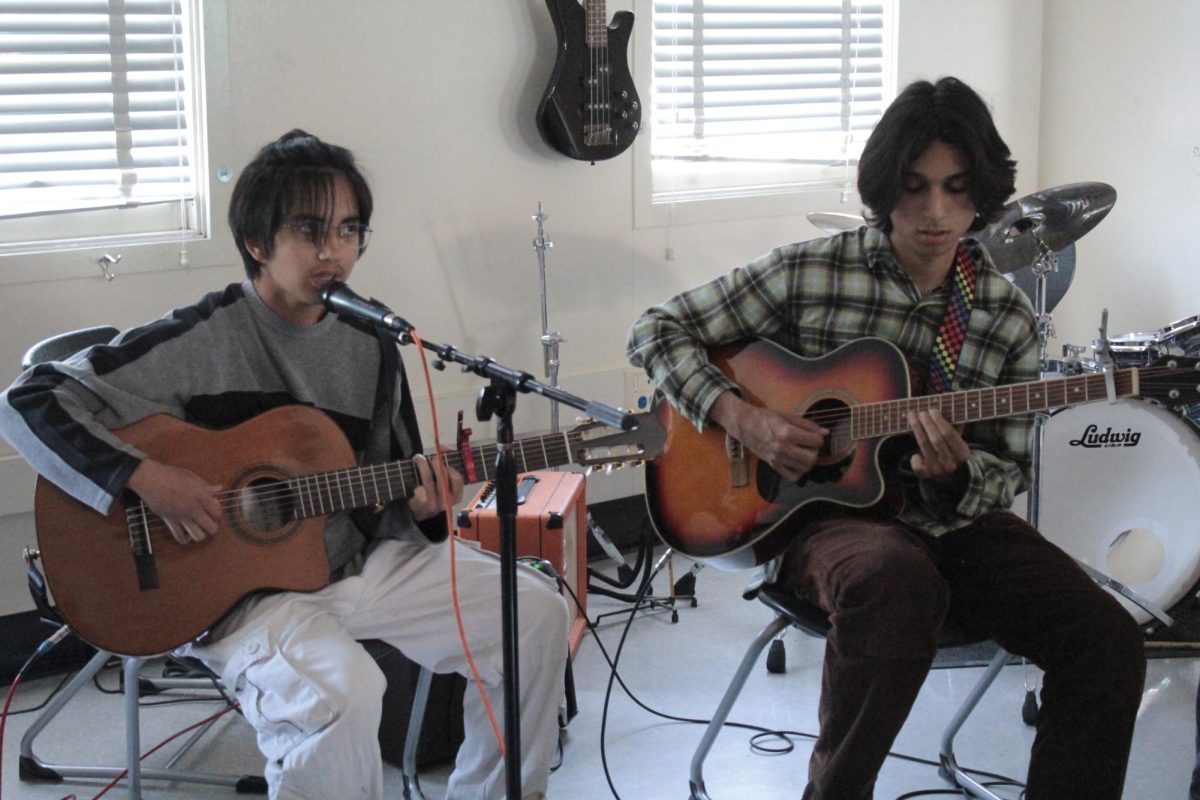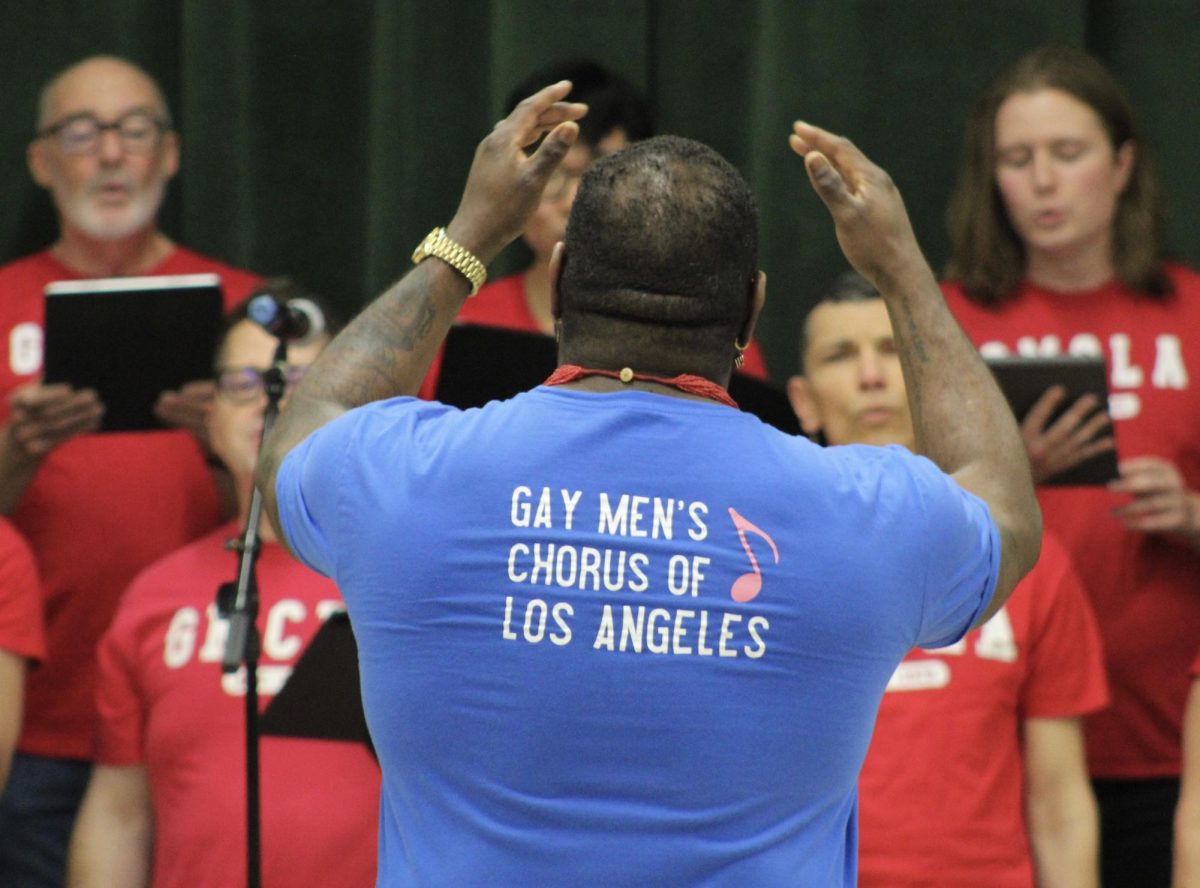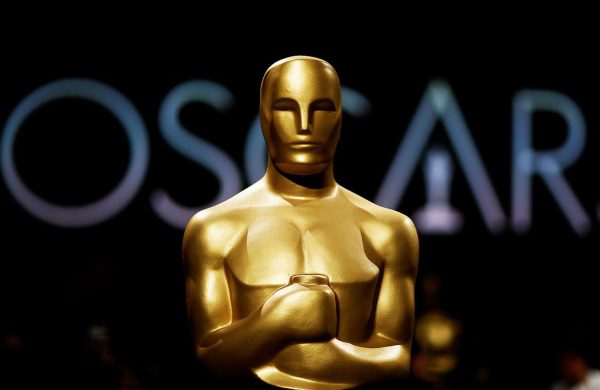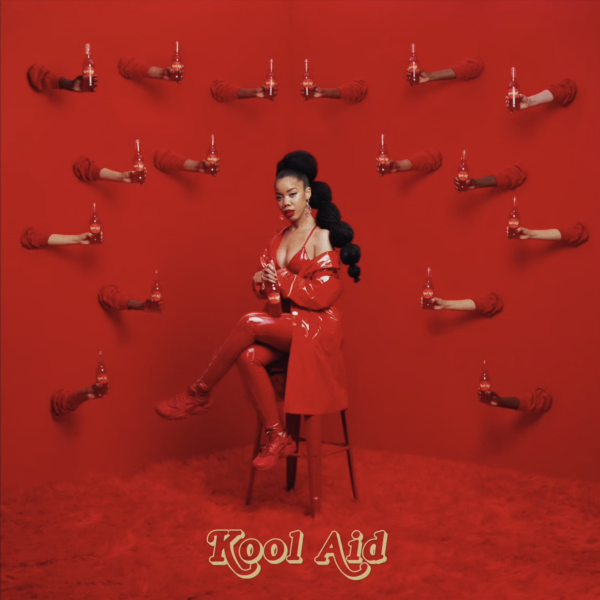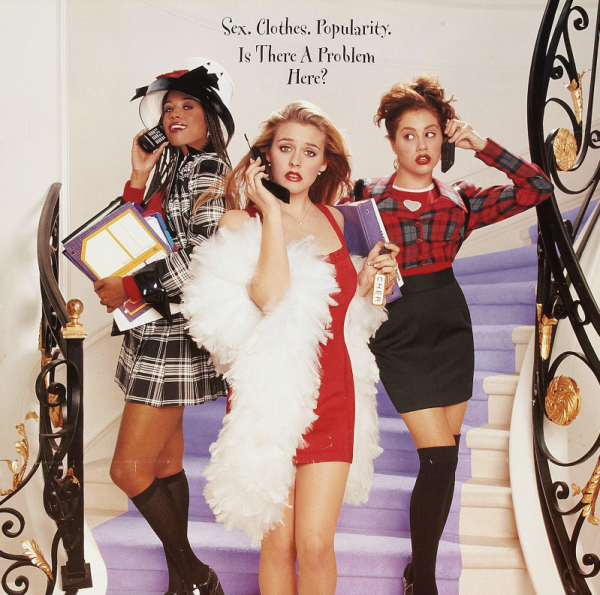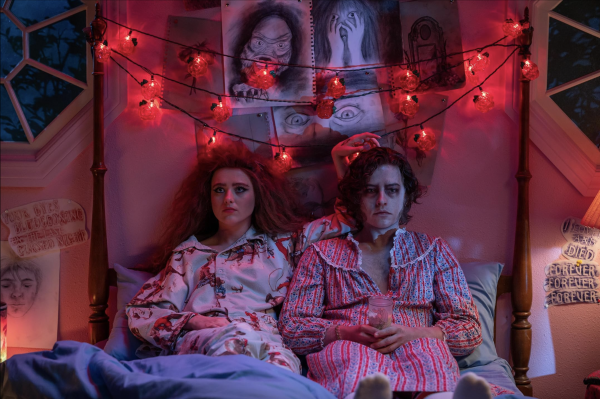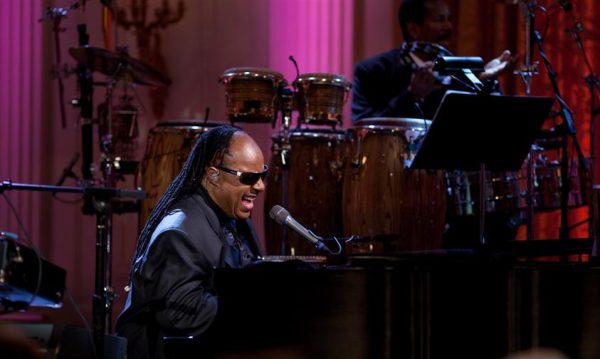Opinion: Grammys prove presentation over talent

Photo from grammy.com
February 10, 2015
Last year around this time, Macklemore and Ryan Lewis’s rapid and gigantic run in 2013 ended with one of the most controversial Grammy wins ever. It’s parallel, Iggy Azalea, is drawing this year could end just the same way.
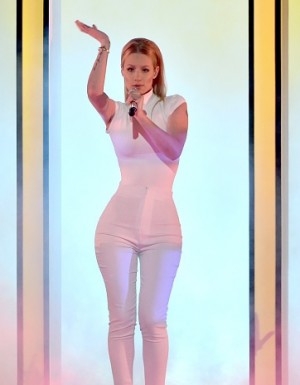
Iggy has been the butt-end of a joke that has been recurring for the past year now. If you type in “Why Iggy Azalea is” on Google, the top three results end with “trash,” “the worst” and “fake.” It’s not really apparent why. She had the biggest hit of the whole summer with “Fancy,” and was a Tumblr-core goddess for a plethora of girls in early 2014.
Alongside with Childish Gambino, Schoolboy Q, Common, Wiz Khalifa and Eminem stands Azalea. Among every slightly-monochromated album cover and Gambino’s soft palate of tropical colors, Iggy’s album cover sticks out like the sorest thumb on the most swollen hand and it’s already been seen most-evidently by not only listeners of Hip-Hop, but figures of the genre themselves.
Some say it’s her upbringing, that she was born in Australia and portraying a character and sound that an Australian woman should steer away from, but Hip-Hop is literally the most popular genre in the United States as of now. It’s open to anyone and many staples and legends of the genre have said that the genre is open in arms about other cultures embracing the sound.
The general consensus is that Iggy isn’t paying respect to the hip hop culture that she is embracing. She’s not contributing to the culture that has even allowed her to have a career in music at all.
The peak climax of this whole ordeal was brought a couple months ago when Azealia Banks brought this all to light on New York’s Hot 97 radio station, when she went off about how the Grammys are bias to white artists and how badly they discourage black artists like Banks herself.
There’s always three sides in a battle, the opposers, the defenders and the naturalists who have come to accept why the defenders and opposers will never stop fighting. Amidst all of this, though, through Iggy’s fanbase defending her, a huge majority of Hip-Hop enthusiasts claiming it’s wrong, and the people who have just come to terms with all of it, it’s best to just look over every view.
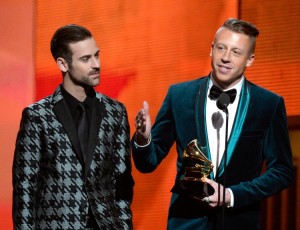
To some extent, Banks is right. What she so passionately tears up about when she speaks about how blacks are perpetuated by the people who are handing out these awards and by what the big corporations are telling the black youth is correct to some extent. And she is right, in fact, everyone is right when they say Macklemore shouldn’t of won last years Grammy over Kendrick Lamar’s “Good Kid M.A.A.D. City,” even Macklemore himself made this clear by posting an infamous screenshot of a text message he sent Kendrick claiming that Macklemore “robbed” him.
Is it too much? Definitely, without a doubt in anyone’s sane mind, it’s more than too much. But if Macklemore, one of the biggest white artists in America can go on Hot 97 a month after and go on and on about how he knows his place in Hip-Hop, how he gets better treatment than black artists even though they come from very similar places (like his heavy promethazine addiction in the past decade) and how he needs to respect the culture’s staple figures, then that must be enough to show that Banks is right to some degree about how unfairly Blacks are being treated by the major leagues.
However, I don’t think she should be worried at all about Iggy. In fact, no one should. She’s not a threat to the culture that Banks is trying to sustain in any way. She’s a niche pop star who T.I. was lucky enough to get signed. T.I. didn’t sign her for potential, though and he didn’t sign her because he wanted someone to contribute to the culture. He signed her because he knew she’s a cash grab. She’s appealing, and he sold out. Shame on him, too. Because what everything Banks was mad at him for was totally true. When you’re the proclaimed “King of the South” and you’re a huge figure in Hip-Hop, signing someone like Iggy and marketing them shows how little you really care about the art form and about the legacy of your whole career’s foundation.

It really doesn’t help that Iggy pretty much takes anything said about her and handles it terribly on a website that has a little blue bird as their main insignia.
“Enjoy continuing to bang your head against that metaphoric brick wall & Savor this attention. I’m the only way you get ANY,” Iggy said in regards to Bank’s Hot 97 interview. Thus leading to Q-tip, a Hip-Hop “legend” who many people forget wrote one of the most homophobic verses of all time on “Georgie Porgie,” actually building up the nerve to “school” Iggy on the history of Hip-Hop. Overall, it was an abundance of cringe.
In the end of it all, Iggy won’t mind. She has a vast number of supporters, even though for some reason a number of girls who used to RT GIFS of her on Twitter suddenly act like they don’t like her. She’s getting her money, she’s happy, she makes catchy songs and she’ll fade away in two years or so, reaping every benefit she’s taking right now. Banks is acting a bit too stressed for her own good, Q-Tip backs her up by patronizing her and teaching her about the genre as if she’s a 4th grader, and Iggy responding horribly to all of that on Twitter. Rinse and Repeat.
Iggy isn’t a threat, but a reminder. She is the new age Elvis. She is the reminder that Jazz was stolen by whites. She is the modern day reminder that cultural smudging and culture vulturing disguised as embracement is still around in black culture today and that hurts. It hurts when corporations don’t care about the art or even about the history or context that goes behind it. It hurts when the members of the Grammy Council aren’t acknowledging real artists’ craft, as preachy as that sounds and are going the “safe route” when it’s just playing fire with fire.



